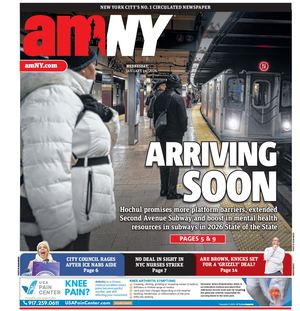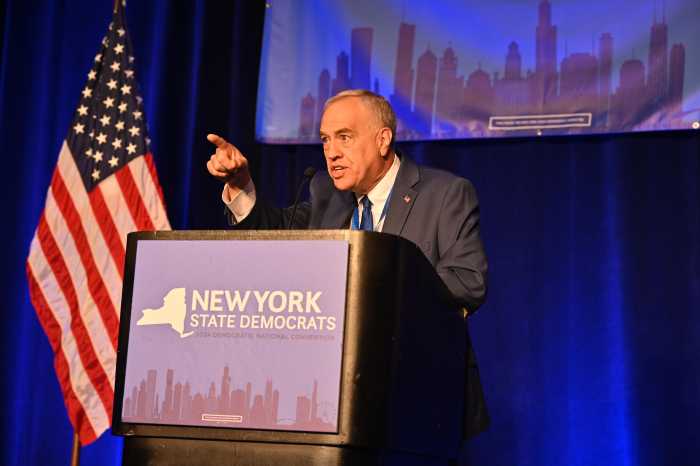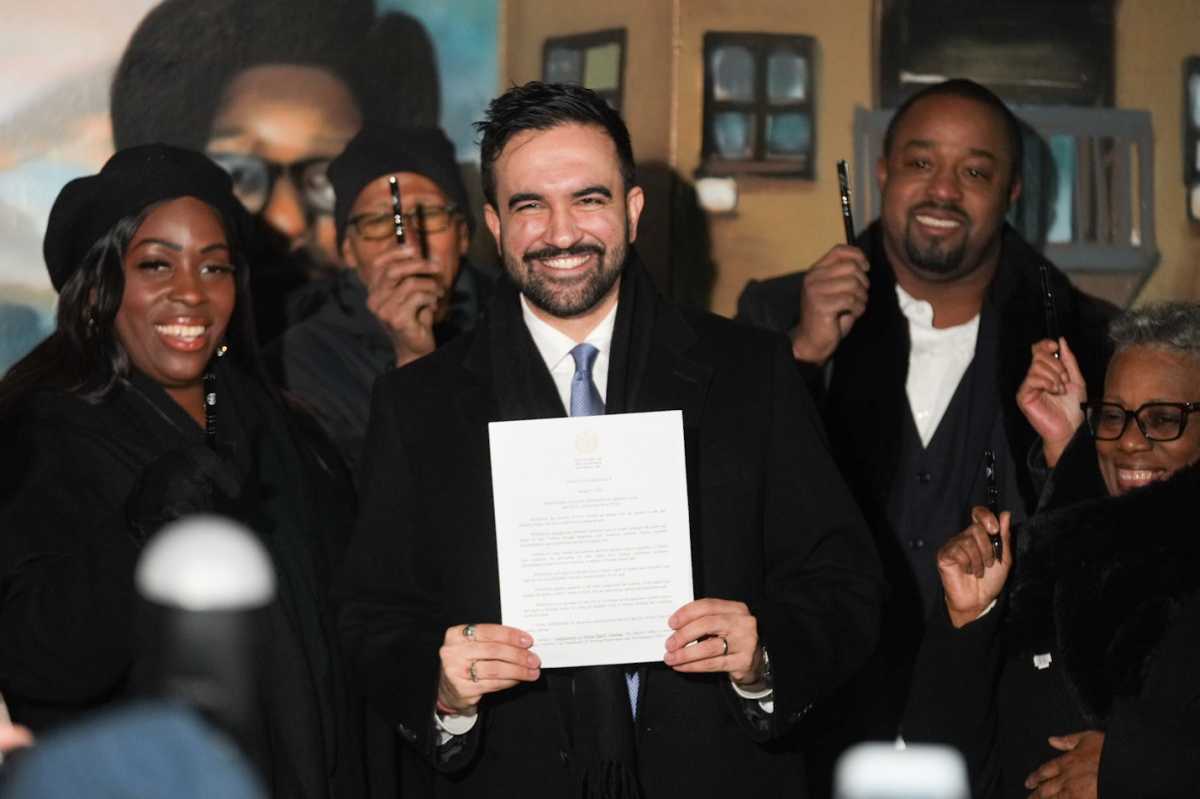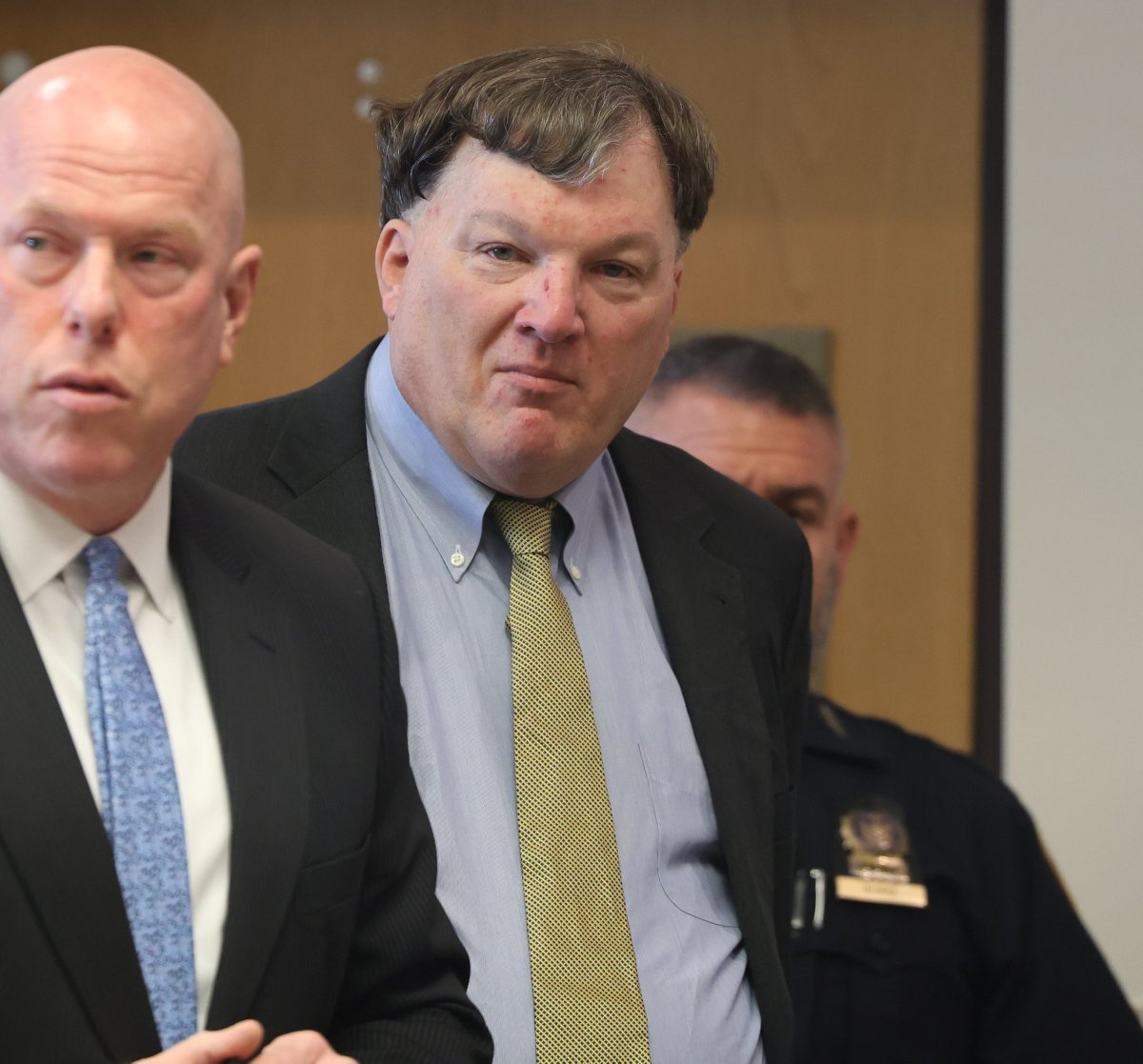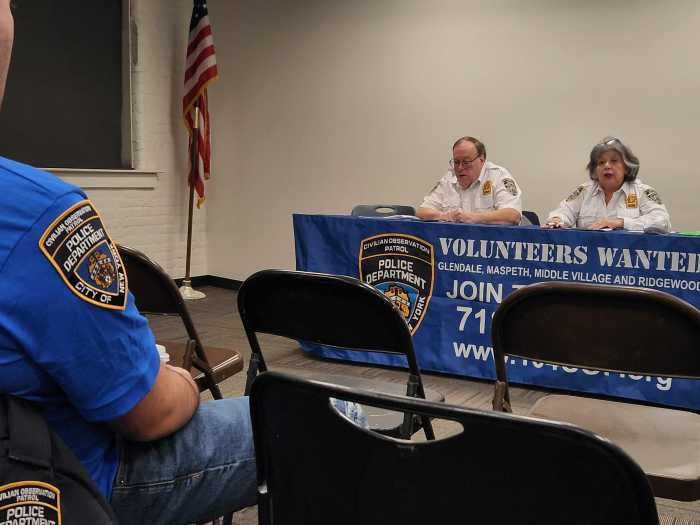Citing concerns about being sidelined, a New York City Housing Authority tenants organization filed court papers urging a judge to reject the proposed settlement between the city’s public housing authority and federal prosecutors.
The Citywide Council of Presidents said Geoffrey Berman, U.S. attorney for the Southern District of New York, misled its chairman, Daniel Barber, about what sort of a role the group would play in guiding official turnaround plans for NYCHA, according to court papers. In response, CCOP requested to formally join the case and asked the judge to require that the proposed settlement be renegotiated to address CCOP’s concerns.
On June 11, Berman announced his office had filed a civil complaint against NYCHA for misleading the federal government and the public about the scope of lead paint hazards and other dangerous conditions in its portfolio. His office also announced a proposed settlement with NYCHA, which would require the city to spend at least $2 billion on NYCHA while working with a monitor to reform the authority.
Judge William Pauley III has not yet signed the proposed settlement or weighed in on CCOP’s requests, according to Elie Hecht, director of At-Risk Community Services, Inc., which is representing the tenants group.
“You have a tri-party agreement that affects the lives of almost a million residents, but does not include the residents in any way, shape or form,” Hecht said of the proposed settlement between prosecutors, NYCHA and the city. “They have to include the residents in decision-making.”
Shortly before Berman’s announcements, he met with CCOP and gave the group the impression the settlement would allow it significant sway, according to Hecht.
“He [Berman] looked Danny Barber in the eyes, and he said that CCOP, which is the elected leadership of the residents, was going to be — in his words — a major stakeholder in the agreement,” Hecht said. “What it says is that they [CCOP] have the right to make suggestions as to who the monitor was going to be, and that’s the end of their involvement in this agreement.”
A representative for the U.S. attorney’s office declined to comment, and referred amNewYork to a court filing in which prosecutors asked the judge to dismiss CCOP’s request to join the case. Prosectors disagreed with CCOP’s claims that federal regulations give the group a right to play a role in the settlement and argued the agreement would expand CCOP’s influence at NYCHA, the filing noted.
When asked to comment on CCOP’s requests, the city’s Law Department said court documents it, NYCHA and prosecutors filed spoke for themselves.
“Permitting Movants [CCOP] to intervene in these proceedings is unnecessary to vindicate the interests of the organizations or the tenants they represent, and would protract and complicate these proceedings,” NYCHA’s lawyers wrote in a filing, in which NYCHA claimed to, generally, be in daily contact with CCOP via email. “Residents — and CCOP in particular — however, have numerous mechanisms for active participation in affairs relevant to them.”
Beyond pushing for greater representation, CCOP argued in a court filing that the settlement was flawed for not giving the monitor more say in NYCHA’s daily operations or a greater role in overseeing its compliance with the agreement.
“The United States Attorney’s Office just established in a three-year investigation that NYCHA is a bad actor — that it’s a complete culture of corruption from the top to the bottom and — and yet, they’ve left the entire thing and policing of the entire thing in the hands of NYCHA,” Hecht said. “The record shows that they’ll [NYCHA] sign any piece of paper that says they’re in compliance and submit it to the federal government without a care in the world as to its accuracy.”
CCOP did not respond to requests for comment.
